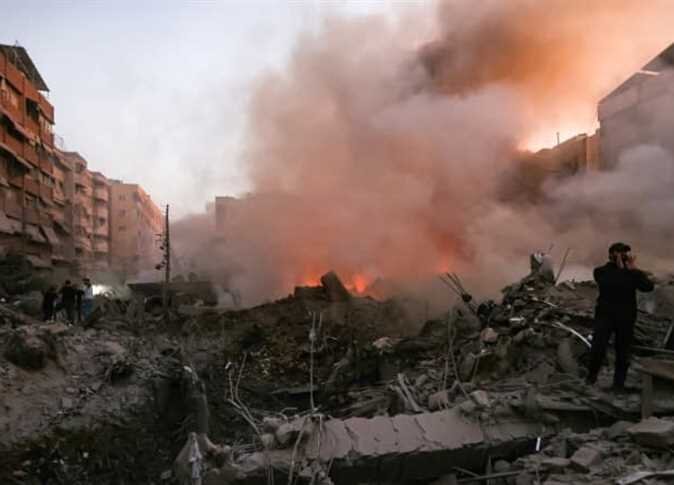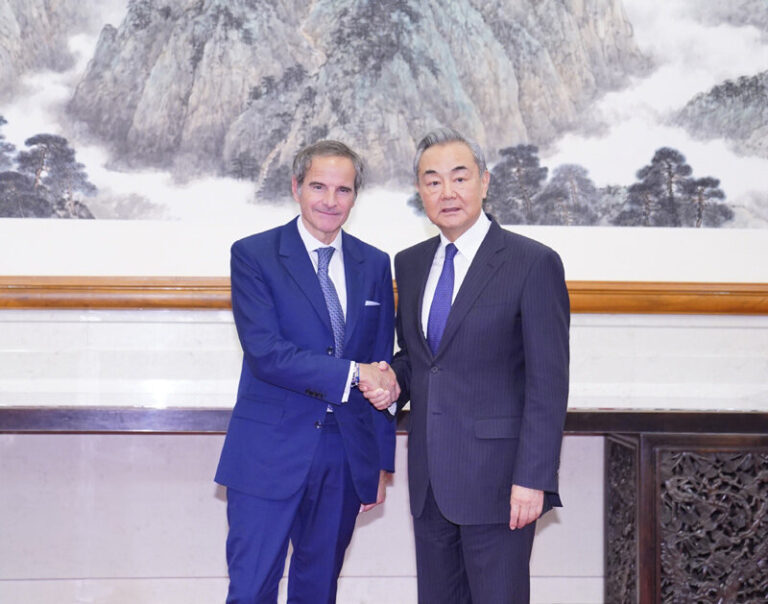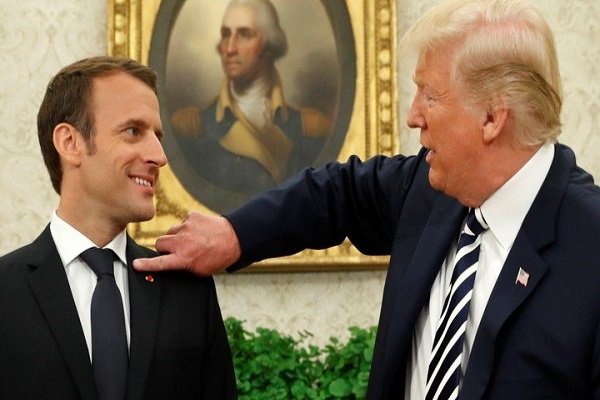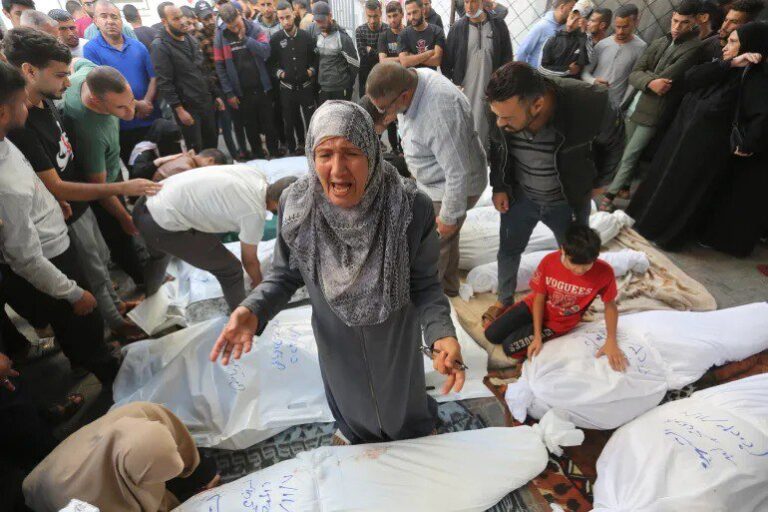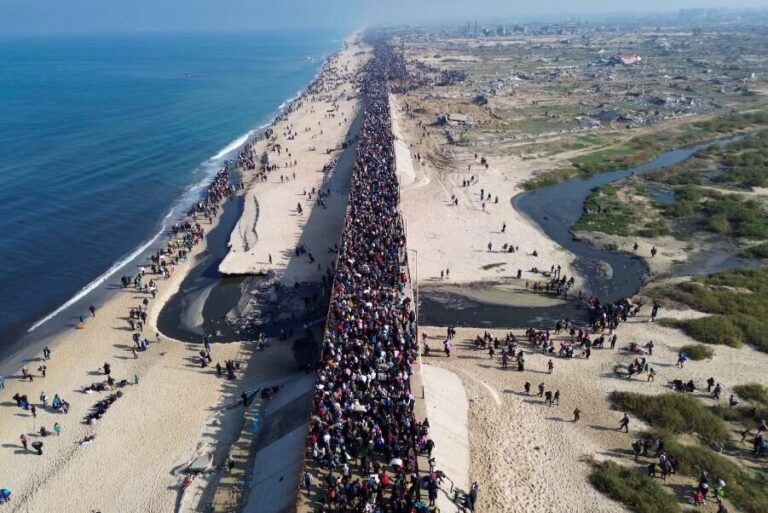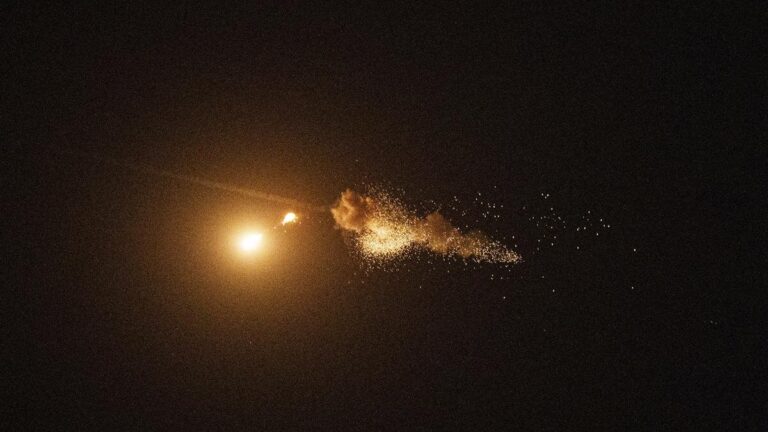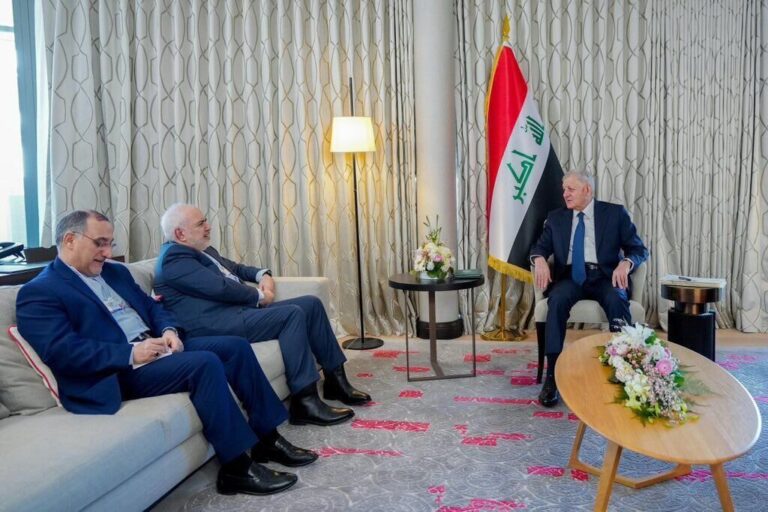Unveiling the Bunker Buster: The Game-Changer Behind Hassan Nasrallah’s Demise
In a shocking turn of events, newly released footage has emerged that reportedly captures the moment US-made Israeli bunker buster bombs targeted and assassinated the late Hezbollah leader, Sayyed Hassan Nasrallah, in the southern suburbs of Beirut. This incident has reignited discussions surrounding the geopolitical tensions in the region and the implications of military actions by Israel.
As the world grapples with the aftermath of this significant event, it’s essential to understand the context and implications surrounding the assassination of such a pivotal figure in Lebanese and regional politics.
Sayyed Hassan Nasrallah, who was known for his charismatic leadership and strategic acumen, played a crucial role in shaping Hezbollah’s policies and its resistance against Israeli forces. His assassination marks a pivotal moment in the ongoing conflict between Hezbollah and Israel, which has seen numerous escalations over the years.
The footage, which has been circulated widely on various media platforms, raises questions about the ethics and legality of employing such military tactics in urban areas, where civilian casualties are often unavoidable. This incident not only highlights the volatile nature of the Middle East but also underscores the complex relationships between various state and non-state actors.
Here are some key points to consider regarding the implications of this event:
- Geopolitical Tensions: The assassination of Nasrallah could lead to increased tensions between Hezbollah and Israel, potentially escalating military confrontations.
- Impact on Hezbollah: Nasrallah’s death may create a power vacuum within Hezbollah, leading to internal strife or a shift in leadership dynamics.
- Civilian Safety: The use of bunker buster bombs in populated areas raises serious concerns about civilian safety and the humanitarian impact of such military operations.
- International Reactions: Global responses to the assassination will likely vary, with some nations condemning the act while others may support Israel’s actions.
As the situation unfolds, it is crucial to monitor how various stakeholders respond to this incident. The international community’s role in mediating conflicts and advocating for peace will be more important than ever in the wake of such escalations.
Furthermore, the implications of this assassination extend beyond immediate military concerns. The long-term effects on Lebanon’s political landscape and regional stability cannot be understated. The potential for retaliatory actions by Hezbollah could lead to a cycle of violence that may engulf neighboring countries as well.
In addition to the immediate military ramifications, the assassination of a leader like Nasrallah may influence Hezbollah’s strategic objectives. The organization has historically positioned itself as a resistance force against Israeli aggressions, and the loss of such a significant figure could either galvanize their base or lead to fragmentation, depending on the leadership transition that follows.
Moreover, the narrative surrounding Nasrallah’s assassination is likely to shape public opinion within Lebanon and among Hezbollah’s supporters. His legacy as a symbol of resistance against perceived oppression will be a focal point in the discourse surrounding his death. This could lead to increased recruitment efforts and support for Hezbollah’s military initiatives.
As discussions about the ethical implications of military operations in urban environments continue, it is essential to reflect on the broader consequences of these actions. The use of advanced weaponry in densely populated areas not only puts lives at risk but also raises questions about compliance with international humanitarian laws.
In conclusion, the assassination of Sayyed Hassan Nasrallah by US-made Israeli bunker buster bombs represents a significant turning point in Middle Eastern politics. The repercussions of this event will likely reverberate throughout the region, influencing both immediate military strategies and long-term geopolitical dynamics. As the world watches closely, it is crucial to advocate for peaceful resolutions and a commitment to protecting civilian lives amidst ongoing conflicts.
